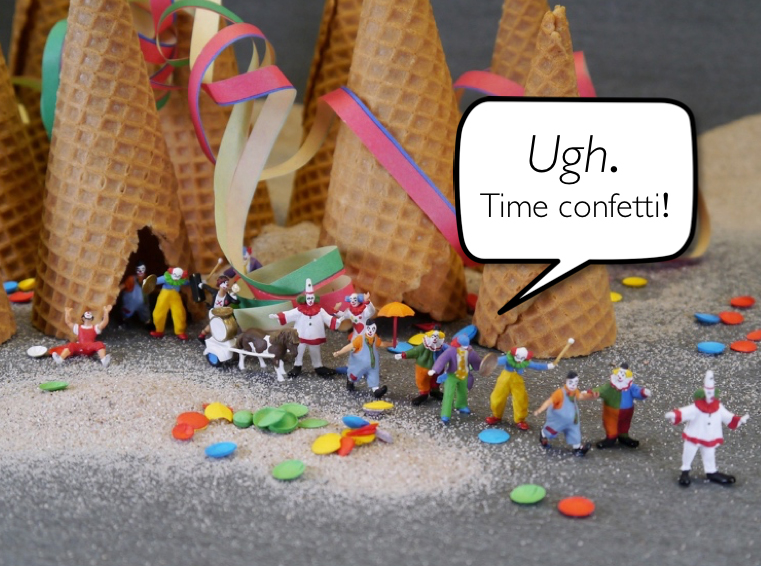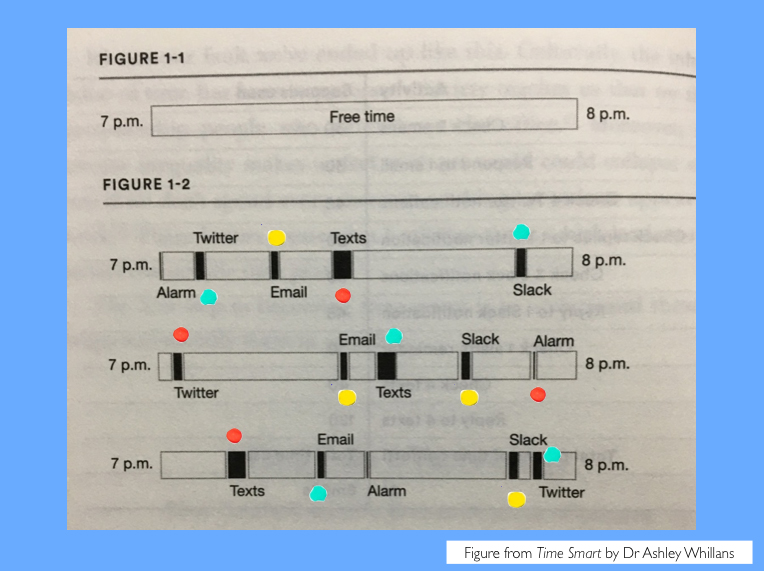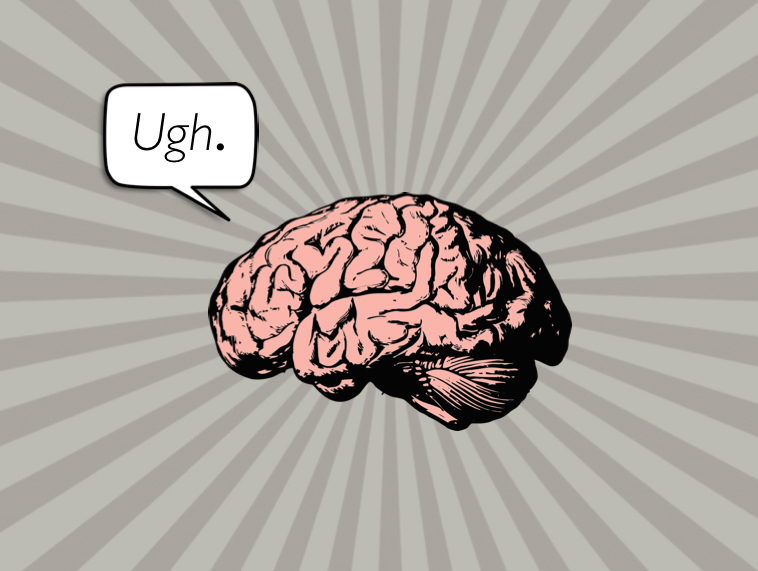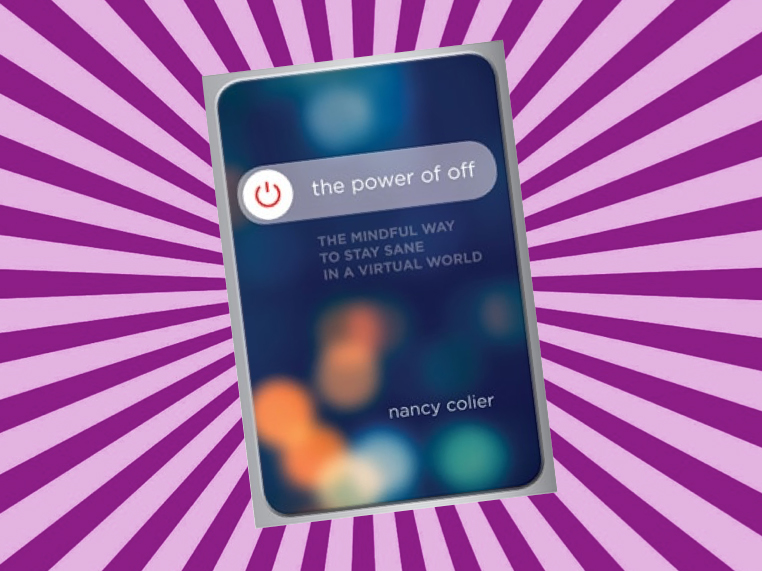I’ve discovered a way to create more time. Drum roll please . . .
Eliminate time confetti from your life.
What’s time confetti?
In her brilliant book Time Smart researcher Dr Ashley Whillans describes time confetti as the little bits of seconds and minutes that are lost to unproductive multitasking (e.g. texting and checking social media). She says:
“Each bit alone seems not very bad. Collectively, though all that confetti adds up.”
This reminded me of something I had seen on social media earlier in the year. A pregnant woman at my gym had shared a video of her baby’s gender reveal party. If you’re not familiar with these celebrations, they are designed to ‘reveal’ the baby’s sex to the expected parents’ family and friends.
This party was being held in a local park close to where I live. It involved the couple popping a massive balloon that was filled with thousands of bits of confetti, glitter and mini balloons. The balloon was popped and the couple kissed as blue plastic confetti and glitter were scattered all over the park and mini blue balloons released into the atmosphere.
It was Instagram perfect. But something really bugged me about the whole thing.
My first thought wasn’t “It’s a boy!” but rather “Are they going to clean that mess up?”
This mum and dad-to-be had just polluted the environment for their unborn child.
Now at this point you may be thinking . . .
“Stop being such a party pooper Jane! It’s just one party! What’s all the fuss about?”
But please, stay with me . . .
Consider the environmental impact of thousands of gender reveal parties being held all over the world. Every. Single. Day.
That plastic rubbish adds up.
This is why we have oceans full of plastic and seabirds’ stomachs bulging full of the stuff.
Where’s the thought for other creatures and future generations?
Put simply, there is no thought. It’s mindless behaviour.
And time confetti works like this, too.
We’re having fun now (by checking our phones and distracting ourselves with novelty and instant gratification). It seems harmless, right? A few seconds and minutes spent checking our phones here and there . . . but it adds up. We don’t realise that we’re actually hurting our future selves.
Long-term, we pay a high price. Just like confetti and glitter pollutes the natural environment, with time confetti we’re polluting our mental environment and messing with our well-being.
The psychological impacts of time confetti
Firstly, time confetti shred up your leisure time. It shatters your leisure time into lots of small pieces.
Time confetti makes your leisure time less enjoyable.
Here’s a simple example to illustrate this . . .
Let’s say you’re relaxing at the beach and you check your phone. You see a new email about a project/assignment that’s due in a few days. How are you feeling now? Are you still feeling relaxed? No, of course not. You’re feeling slightly stressed about the looming deadline.
You’re no longer enjoying the beach. That email has just catapulted you right out of the present moment.
As Dr Whillans states:
“We used to enjoy the gym. Now we one-handedly type out a reply to the boss while trying not to fall off the treadmill. We used to have uninterrupted family dinners. Now we have hushed phone calls over cold meals. We used to have relaxing picnics. Now we have phone meetings in “private” park-side bathroom stalls. We carry the office in our back pockets, making it difficult to disconnect.”
Oh, how I could relate to this!
A few weeks ago, I was at the gym doing stretches at the end of my workout. For some reason, I started texting my husband about something I’d heard on the radio.
Usually, at the end of a workout I feel clear minded, grounded and refreshed. But not this time. I felt scattered and frenzied. I can now see how my jumbled mental state was a result of time confetti.
Time confetti also exhausts your brain.
Why? Because you’re multitasking.
There I was at the gym rapidly switching between holding a stretch and sending a text and then doing another stretch and sending a text . . . my mind wasn’t focused on the job of just holding the simple stretch.
As neuroscientist Daniel Levitin states in his book The Organized Mind: Thinking Straight in the Age of Information Overload:
“. . . the kind of rapid, continual shifting we do with multitasking causes the brain to burn through fuel so quickly that we feel exhausted and disoriented after even a short time. We’ve literally depleted the nutrients in our brain. This leads to compromises in both cognitive and physical performance.”
How can you eliminate or reduce time confetti in your life?
Start to notice when you’re creating time confetti. Track your time confetti – every time you get distracted make a note of it (it could be a tick on a card). Building self awareness around time confetti is the first step towards making positive change.
Then you want to go about dealing with distractions that hijack your brain and create time confetti (especially digital distractions). For ideas on how to do this, check out my blog posts on creating a focus force field and Digital Minimalism.
It also helps to deliberately slow down. We live in a culture that is addicted to fast paced living. Our addiction to technology and constant checking only makes this worse. Nancy Colier notes in her book The Power of Off:
“We are now accustomed to ongoing stimulation and feel anxious and lacking without it. There is a continual sense that we should be doing something, which then causes us to grab our smart phones to seek some relief from that anxiety.”
I have found it makes a massive difference to build practices into my life that force me to slow right down. Yin yoga works a treat. This is a gentle yoga practice where you hold each pose for several minutes.
This practice is teaching me how to slow down and live life at different speeds (note: for many years I lived life at one speed and that was full speed – Go! Go! Go!).
Since starting yin yoga, I have noticed that when I slow down a little and take my time doing things, I am in a better position to pause and think:
“Do I really want or need to check my email right now? Do I want to create time confetti and all the problems that come with it?”
I can experience the urge to want to click and check my email, but the pause helps me to think twice and reconsider my actions.
But perhaps the simplest way to deal with time confetti is to do this . . .
Delete your social media accounts
That’s right. Delete them. Go cold turkey on the lot.
That’s what I recently did. This resulted in a dramatic reduction in time confetti. My days now feel a lot longer. My brain feels calmer, too (you can read more about why I deleted my social media accounts here).
Think about it . . .
If social media is not in your life, how can it interfere with your leisure time and attention?
It can’t. Simple. Problem solved.
But I realise, this may seem extreme and not practical for your life circumstances. If that’s the case, I get it.
I recently met a young artist who had made the decision to get rid of her mobile phone for good. She invested in a landline, watch, digital camera and map book for her car. I thought, “Woah! That’s next level . . . no way could I do that. I don’t want to do that!” But when she tells me she feels happier, more productive and has less time confetti in her life, I believe her.
You need to do what’s right for you. But just like time confetti accumulates, adopting tiny actions that lead to states of calm and being more present is also going to add up over time. So start with whatever is easiest for you to do and take it from there.





